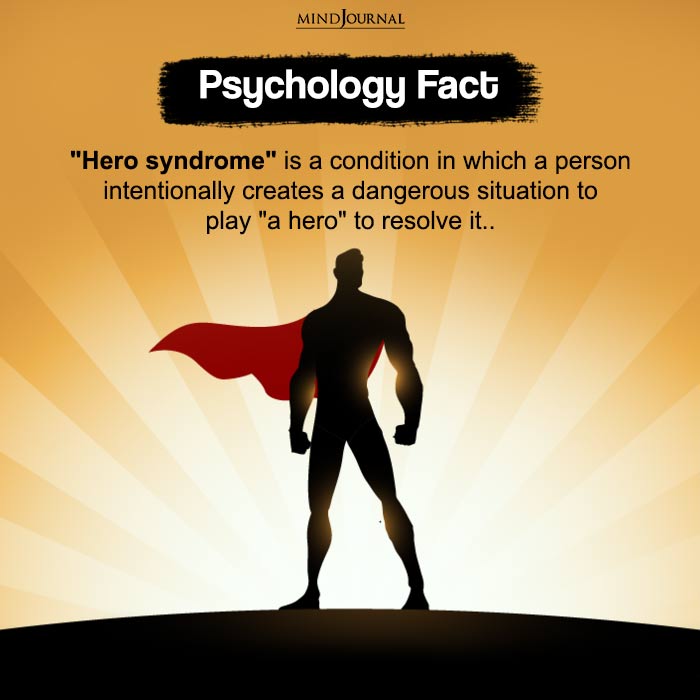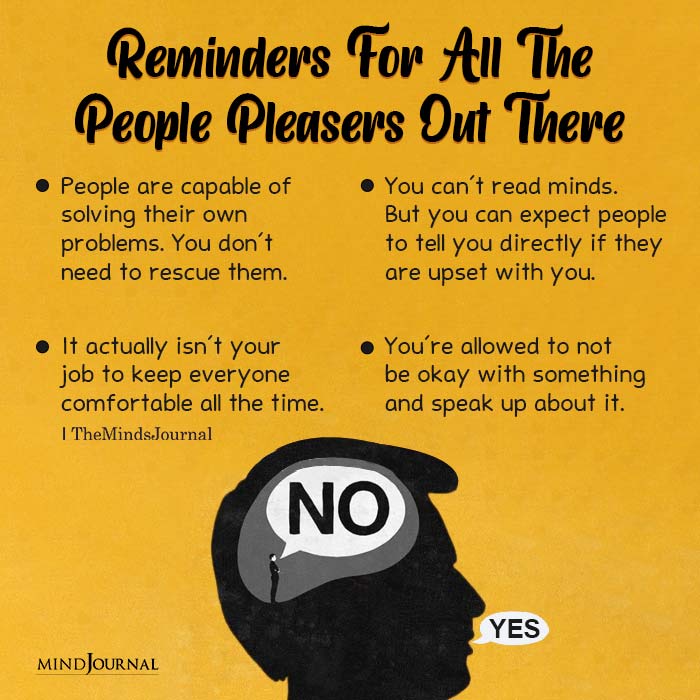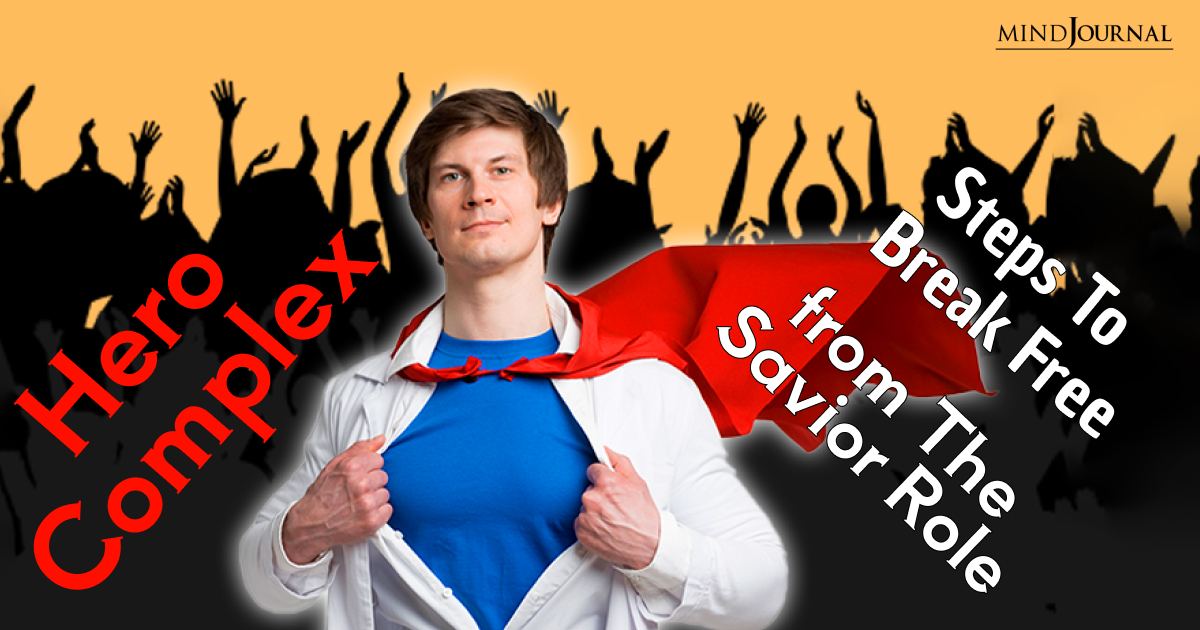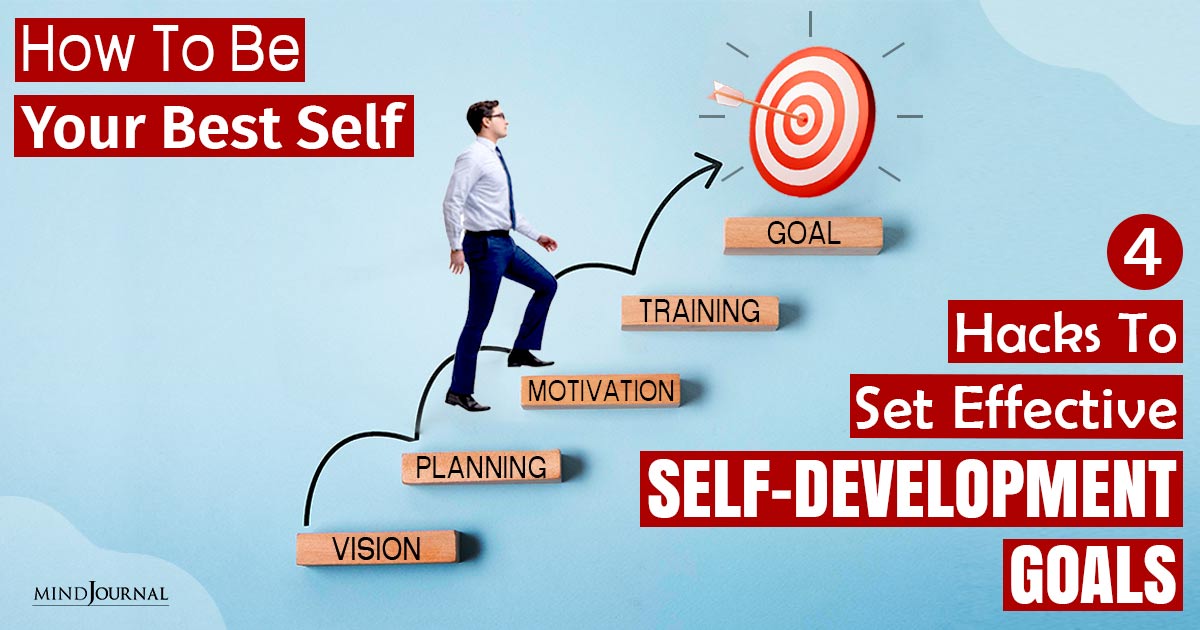Are you someone who always feels the need to step in and save the day? Do you find yourself constantly taking on more responsibilities than you can handle, driven by an insatiable desire to be the hero in every situation? Let’s explore what is hero complex and how you can overcome it.
What is the Hero Complex?
The hero complex, also known as the hero syndrome or savior complex, refers to a psychological pattern where an individual develops an overwhelming need to rescue others or be the hero in various situations.
People with the hero complex disorder often feel an intense desire to make a significant impact, be admired, and perceived as indispensable. Also known as the messiah complex, individuals with this psychological phenomenon develop an excessive need to rescue or save others.
Related: Savior Complex Psychology: 4 Reasons Why You Need To “Rescue” Others And 5 Ways To Overcome It

Aspects of Hero Complex Disorder
This complex can manifest in various ways and has both positive and negative aspects.
A. Positive Aspects
Learning about the positive aspects can help us better understand what is hero complex. These include –
1. Empathy and Compassion
Individuals with a hero complex typically exhibit high levels of empathy and compassion. They genuinely care about the well-being of others and want to alleviate their suffering.
2. Helping Others
They are often driven to help people in need, making them excellent caregivers, first responders, and advocates for social justice.
3. Sense of Purpose
Having a hero complex can provide individuals with a sense of purpose and fulfillment. They feel valuable and needed when they help others.
4. Acts of Kindness
Those with this complex may perform selfless acts of kindness, making the world a better place through their actions.
B. Negative Aspects
Common negative aspects typically include the following –
1. Boundary Issues
People with a hero complex disorder may struggle with boundaries and personal limits. They might overextend themselves, neglect self-care, and risk burnout.
2. Codependency
In some cases, a hero complex can lead to codependent relationships, where individuals derive their self-worth from constantly saving or fixing others.
3. Arrogance
There’s a risk of developing a superiority complex, where individuals believe they are the only ones who can save or help others, leading to arrogance and a lack of respect for others’ autonomy.
4. Frustration and Burnout
Constantly trying to save or change others can be frustrating and emotionally exhausting, leading to burnout and resentment.
5. Unwanted Interventions
Well-intentioned actions can be perceived as intrusive or unwanted by those on the receiving end, causing friction in relationships.
6. Ineffective Help
The hero complex may lead individuals to offer help that is neither requested nor needed. It can potentially cause harm or disrupt the natural process of personal growth and problem-solving.
Understanding the hero complex is important because it can impact both the individuals who possess it and those they seek to help. Striking a balance between helping others and respecting their autonomy and boundaries is key.
People with a hero complex can benefit from self-awareness, setting healthy boundaries, and seeking guidance from therapists or counselors to channel their empathy and compassion in productive and sustainable ways.
Related: Shades Of Gray: Why Everyone Loves The Anti Hero Archetype
Case Study: Natalie’s Hero Complex
Natalie, a 38-year-old teacher, exemplifies the hero complex in her classroom. She goes above and beyond to support her students, often working late to provide extra help and emotional support. Her commitment to their well-being is commendable, but it also presents challenges.
1. Positive Aspects
Natalie’s students adore her for the genuine care she shows. She has transformed struggling learners into confident achievers and created a nurturing classroom environment. Her empathy and dedication have a profound positive impact.
2. Negative Aspects
However, Natalie’s hero complex has its downsides. She frequently neglects her own needs and sacrifices personal time. This has led to burnout and strained relationships outside of school. Additionally, her students have become overly reliant on her, hindering their independence and problem-solving skills.
Natalie is working on setting boundaries and emphasizing self-care to strike a balance between helping others and her own well-being.
Hero Complex Symptoms
Want to learn more about what is hero complex disorder? Here are some of the most common hero complex symptoms –
1. Excessive Responsibility
Individuals with the hero complex tend to take on more responsibilities than they can handle, often neglecting their own well-being in the process. They feel compelled to be the one who solves problems and saves the day, even when it is not necessary or appropriate.
2. Need for Recognition
A strong desire for recognition and validation is a common symptom of the hero complex. This is one of the primary hero complex symptoms.
These individuals seek praise and admiration for their heroic actions, as it reinforces their self-worth and feeds their need to feel significant.
3. Difficulty Saying No
People with the hero complex often find it challenging to say no when asked for help or assistance. They fear disappointing others or being seen as selfish, which leads to a continuous cycle of overcommitment and exhaustion.
4. Neglecting Personal Needs
Self-care takes a back seat for individuals with the hero complex. They prioritize the needs of others above their own, often sacrificing their physical and emotional well-being in the process. This is another common hero complex symptoms.
Causes of the Hero Complex
To clearly understand what is hero complex, we need to delve into the factors that may lead to the development of this psychological pattern. Here are the probable causes –
1. Childhood Experiences
The hero complex can often stem from childhood experiences, such as growing up in an environment where they were expected to be responsible for others or witnessing a parent or caregiver constantly playing the role of a hero.
2. Low Self-esteem
Individuals with low self-esteem may develop the hero complex as a means of compensating for their perceived inadequacies. By being the hero, they believe they can prove their worthiness and gain validation from others.
3. Need for Control
Some people develop the hero complex as a way to exert control over their environment and the people around them. By taking on the role of a hero, they feel a sense of power and influence, which helps them manage their own insecurities and anxieties.
Related: Why The Saviour Empaths Are Desired By Narcissists
Hero Syndrome in the Workplace
Do you know what is hero complex in the workplace? Here are a few things you should know about –
1. Overworking and Burnout
Hero syndrome in the workplace often manifests as overworking and burnout. Employees with the hero complex may take on excessive workloads, volunteer for additional tasks, and go above and beyond their job responsibilities. This eventually leads to physical and emotional exhaustion.
2. Lack of Delegation
Individuals with the hero complex find it difficult to delegate tasks, as they believe they are the only ones capable of handling them effectively. This can create bottlenecks, hinder team collaboration, and prevent the growth and development of others.
3. Resentment and Frustration
Despite their noble intentions, heroes with hero syndrome in the workplace often become overwhelmed and resentful. They may feel underappreciated, taken advantage of, or frustrated when others do not live up to their expectations.
4. Stifling Growth and Independence
The hero syndrome in the workplace can hinder the growth and independence of colleagues and subordinates. By constantly swooping in to save the day, heroes prevent others from learning and developing their own problem-solving skills, stifling their professional growth.

How to Deal with Hero Complex
When you know what is hero complex, you will be able to figure out how to overcome it. Dealing with the hero complex can be challenging, but with self-awareness and a proactive approach, it is possible to overcome its negative effects.
Here are some strategies to help manage and address the hero complex:
1. Recognize and Acknowledge the Pattern
The first step in dealing with the hero complex is to recognize and acknowledge its presence in your life. Take a step back and reflect on your behaviors, motivations, and the impact they have on yourself and others. Awareness is key to initiating change.
2. Challenge Your Beliefs
Examine the underlying beliefs that fuel your hero complex. Understand that it is not your sole responsibility to solve everyone’s problems or be the constant savior. Challenge the notion that your worth is defined by your ability to rescue others.
Remind yourself that it is okay to ask for help and that others are capable of resolving their own issues.
3. Practice Self-Care
Prioritize self-care and set boundaries to protect your own well-being. Remember that you cannot effectively help others if you are physically and emotionally depleted. Allocate time for activities that recharge you, whether it’s engaging in hobbies, spending time with loved ones, or simply taking a break to relax and recharge.
4. Learn to Say No
Practice saying no when necessary. Understand that declining a request does not make you selfish or uncaring. Assess your own capacity and consider whether taking on additional tasks aligns with your priorities and well-being. Saying no allows you to maintain a healthy balance and prevents burnout.
Related: Martyr Complex Meaning: 5 Signs Signaling a Sacrificial Syndrome
5. Delegate and Empower Others
Recognize that you are not the only capable person in the room. Delegate tasks and responsibilities to others, allowing them to grow and develop their own skills. By empowering others, you encourage teamwork, foster independence, and create a supportive environment where everyone can contribute their strengths.
6. Seek Support and Feedback
Engage in open and honest conversations with trusted friends, family members, or colleagues. Seek their perspectives and feedback on your behaviors and tendencies. Their insights can provide valuable external viewpoints and help you gain a more balanced perspective.
7. Set Realistic Expectations
Understand that perfection is unattainable, and it is okay to make mistakes or ask for assistance. Set realistic expectations for yourself and others. Embrace the idea that everyone has different strengths and contributions to offer, and collaboration can often yield better results than trying to be the hero alone.
8. Practice Empathy and Active Listening
Cultivate empathy and practice active listening skills. Understand that sometimes, people don’t need a hero; they need someone to listen and support them. By truly understanding others’ perspectives and needs, you can provide more effective and appropriate support.
9. Seek Professional Help if Needed
If you find that your hero complex significantly impacts your well-being, relationships, or overall functioning, consider seeking professional help. A therapist or counselor can provide guidance and support in addressing underlying issues and developing healthier coping mechanisms.
Remember, overcoming the hero complex is a journey that requires patience, self-reflection, and consistent effort. Celebrate your progress along the way and be kind to yourself. By embracing a healthier mindset and fostering collaboration, you can create a more balanced and fulfilling life.
Takeaway
The hero complex, characterized by an overwhelming need to rescue others and be the hero in various situations, can have significant impacts on individuals and their relationships, both personally and in the workplace.
Knowing what is hero complex, recognizing the symptoms and understanding the underlying causes of the hero complex is the first step towards overcoming it and achieving a healthier balance in life. In the workplace, hero syndrome can hinder teamwork, stifle growth, and lead to burnout.
By fostering a culture of collaboration, delegation, and personal responsibility, organizations can create an environment where heroes can step back and allow others to shine.
Remember, it’s essential to prioritize self-care and understand that being a hero doesn’t mean carrying the weight of the world on your shoulders but rather empowering others to become heroes themselves.
Related: 8 Steps To Improving Your Self-Esteem
Frequently Asked Questions (FAQs):
What does having a hero complex mean?
Having a hero complex means an excessive desire to rescue or save others, often at the expense of personal boundaries and well-being.
What is the hero complex in mental health?
In mental health, the hero complex refers to a pattern of behavior where individuals feel compelled to rescue or fix others, often excessively.
Is hero complex narcissism?
No, a hero complex is not the same as narcissism. While both involve a focus on self, they have different motivations and behaviors.









Leave a Reply
You must be logged in to post a comment.